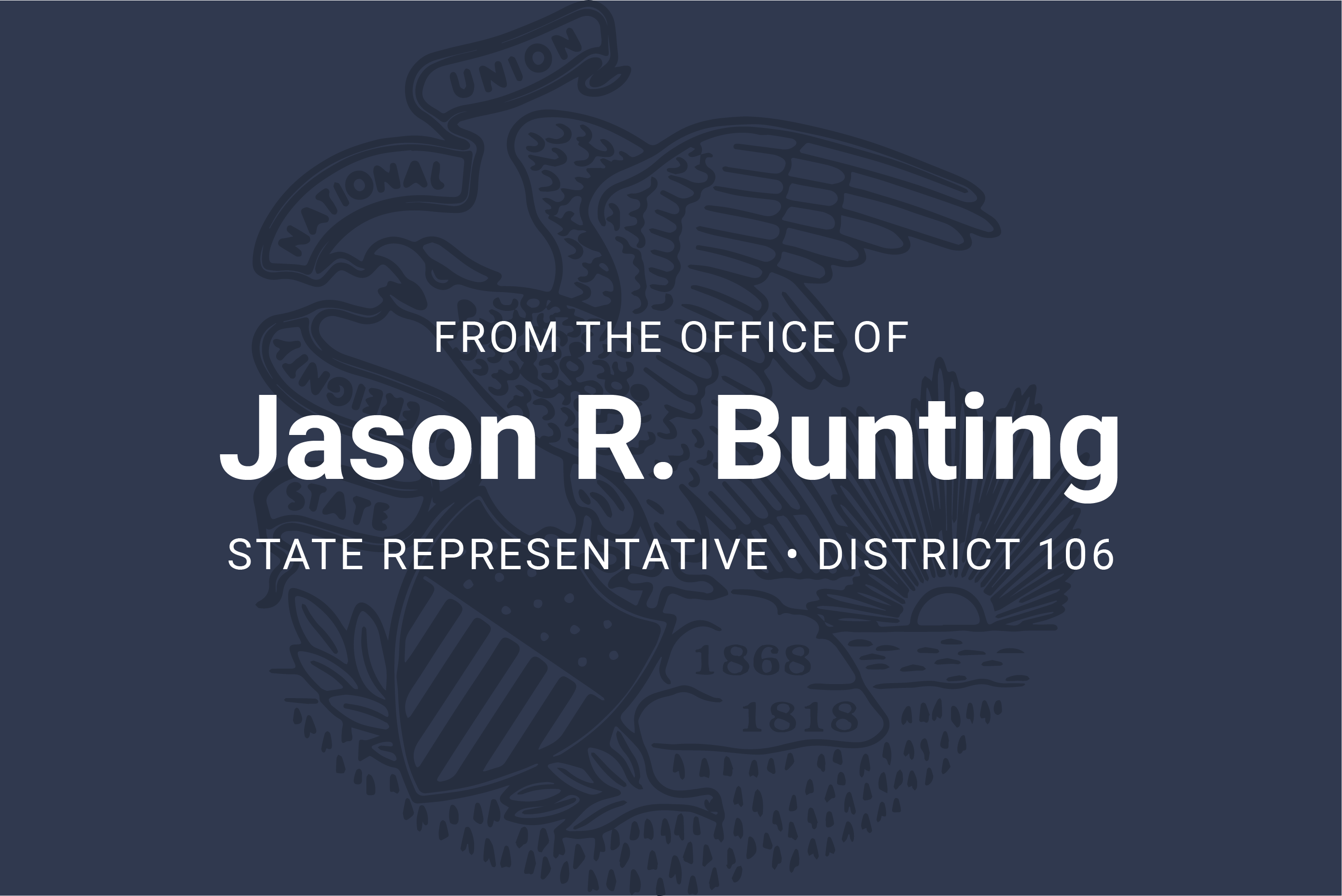In this issue:
- Firearms ban still a subject of court action
- Illinois projected to have deficits in coming years
- Talking economic development in Iroquois County
- Traveling Office Hours on December 19
Firearm ban still a subject of court action
After Illinois enacted a ban on many commonly-owned firearms back in January, Second Amendment advocates filed suit to overturn the law on Constitutional grounds. Those cases have been working their way through the federal system.
Just before Thanksgiving, a group of plaintiffs announced their plans to file an appeal with the full Seventh United States Court of Appeals, which covers our part of the country and meets in Chicago. This will give the plaintiffs the opportunity to present their argument to all the judges of the appellate court. This comes after a three-judge panel of the court voted 2-1 not to stop the implementation of the law.
My colleague State Representative Dan Caulkins has petitioned the U.S. Supreme Court to review a recent Illinois Supreme Court ruling on the case, specifically looking at due process, equal protection and Second Amendment grounds. That case is ongoing as well.
Illinois projected to have budget deficits in coming years
State spending has increased by billions of dollars over the past few years, and now the Governor’s Office of Management and Budget is projecting that the state will soon be unable to cover all of the spending. The Illinois Economic and Fiscal Policy Report which was issued a couple of weeks ago projected continued increases in state expenses for key areas of the budget like health care, pensions and education. The projection is that these costs will rise from just over $48 billion this year to well over $55 billion in five years. These increases do not include the further spending increases requested by advocacy groups who press for more state funding each year.
I have spoken out all year about the fact that state spending is racing ahead of our revenue growth. The state is relying on a series of one-time revenue sources to fund permanent programs, instead of planning for the long haul. Accordingly, the analysis shows that the state’s structural deficit will nearly double between Fiscal Years 2025 and 2027. A recession between now and then would only make matters worse.
Illinois has taken a few actions to prepare for slower economic times ahead, like adding money to the Budget Stabilization Fund (also known as the “Rainy Day Fund”), but this will only get us so far. According to the report, the total amount of money in the Rainy Day Fund would only be enough to cover 15 days of state spending on pensions and operating expenses.
With these warnings in mind, it is clear that increasing spending; as the Democrat majority did in this year’s budget; is irresponsible. The time to start budgeting responsibly is long overdue.
Talking economic development in Iroquois County
Last week Kira and I attended the Iroquois Economic Development Association Quarterly Meeting. It’s great to hear about everything that is going on in Iroquois County and the opportunities that continue to develop. One of the topics discussed was that grant writers are desperately needed. More communities could benefit from the available grants.

Thank you to Angel Crawford for the invitation and also a thank you to Duane and Patti at Shagbark Golf & Country Club as well! Their clubhouse is beautiful and the food was great too!
Traveling Office Hours coming up in Ford and Iroquois County
I will be hosting a couple of Traveling Office Hours events in Ford and Iroquois County later this month. You can always contact me through my website or my offices in Dwight or Watseka, but Traveling Office Hours bring the services of my district office to your hometown.

On Tuesday December 19 I will be at Tea and Grounds at the Railside Golf Course, located at 120 W. 19th Street in Gibson City from 9 a.m. until 11 a.m.
That afternoon I will be at the Gathering at 931 S. Crescent Street in Gilman from 1 p.m. until 3 p.m.
If there is any way I can be helpful to you with state government, or if you just want to come by and share a comment or ask a question, I hope you will stop by.
Our current bill backlog
When a vendor provides the state with goods and services, they submit the bill to the Illinois Comptroller for payment. The Comptroller processes the paperwork and pays the bill when funds are available in the state’s checking account. Currently the total amount of unpaid bills is $2,200,238,350. This figure changes daily. Last year at this time the state had $2.8 billion in bills awaiting payment. This only includes bills submitted to the Comptroller for payment, not unfunded debts like the state’s pension liability, which is well over $100 billion.
Illinois headlines
Nuclear physicist applauds Illinois’ move to eliminate nuclear power moratorium
IDOA “fall covers for spring savings” crop incentive program returns
Illinois utility bill assistance program opens up eligibility
Banking officials report surge in check fraud cases
Registration now open for Central Illinois Youth Goose Hunt
Will Illinois’ population continue its decline? New estimates expected next month
